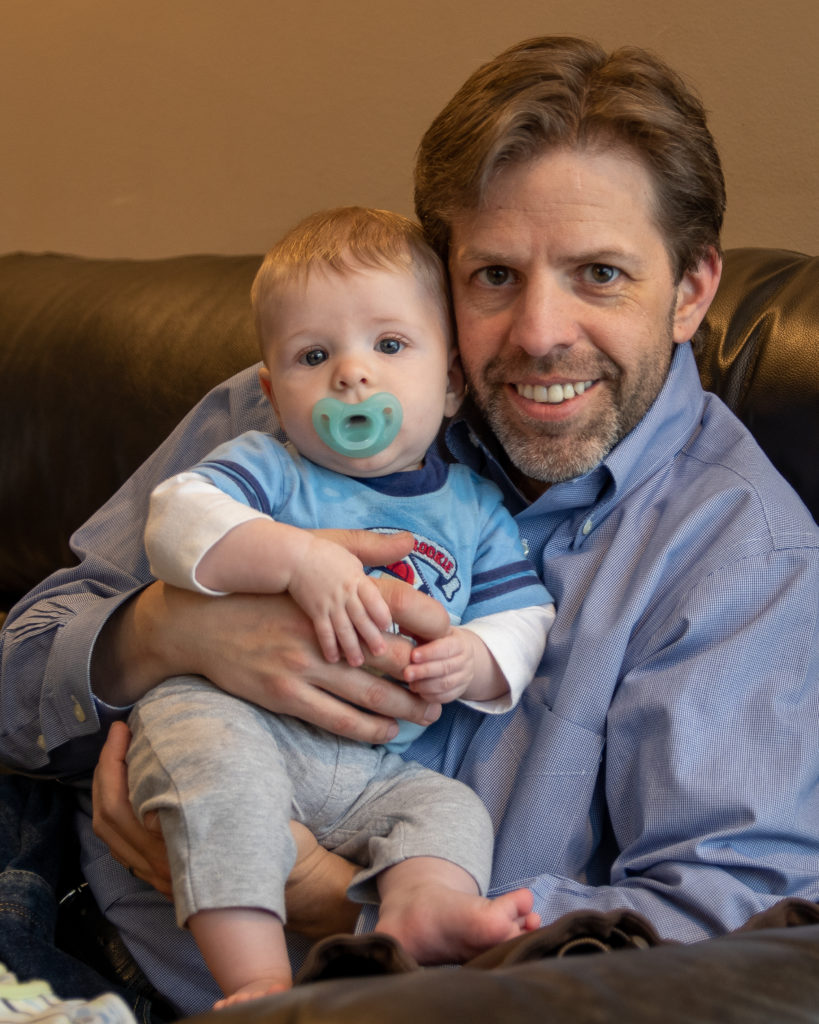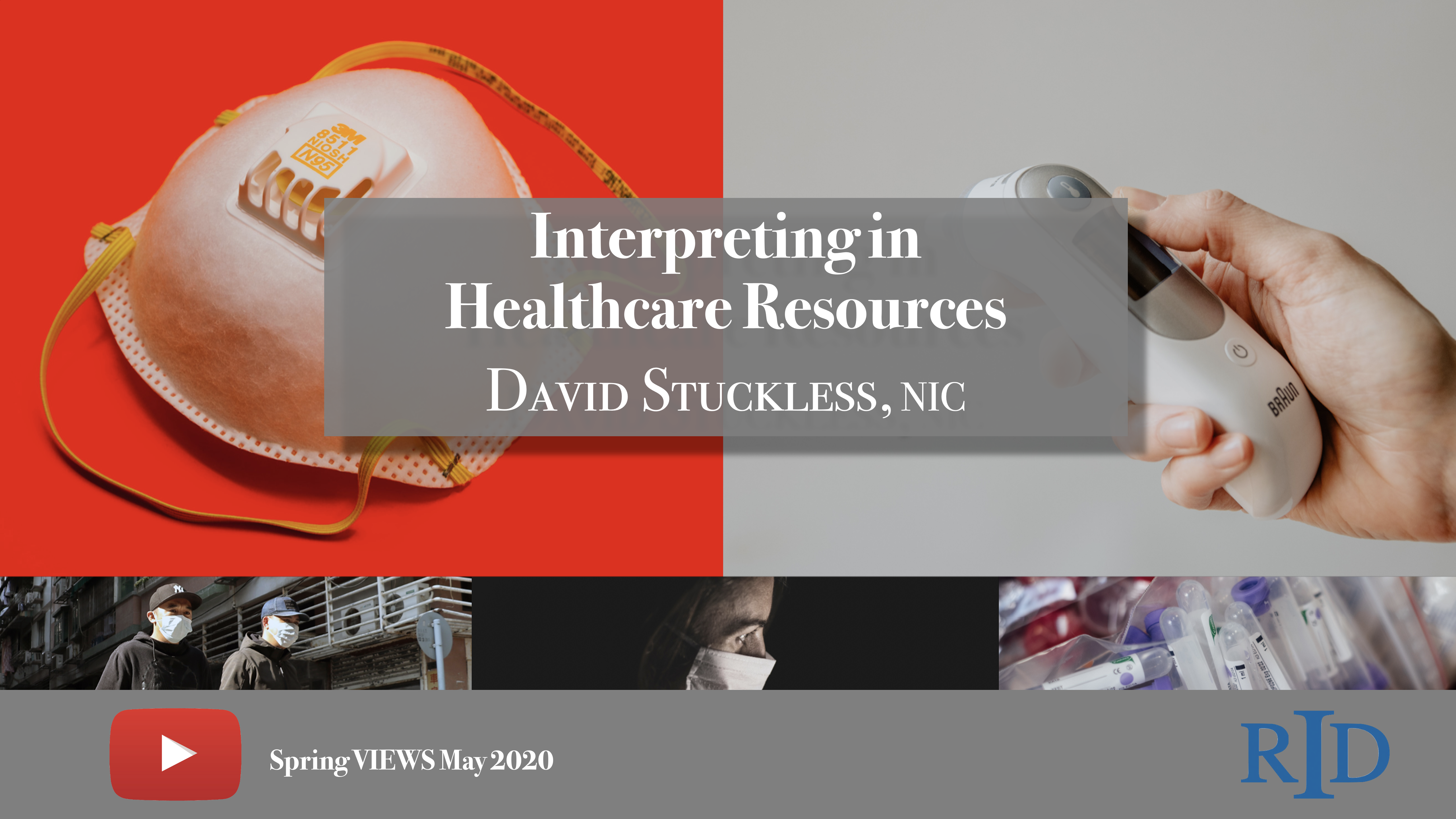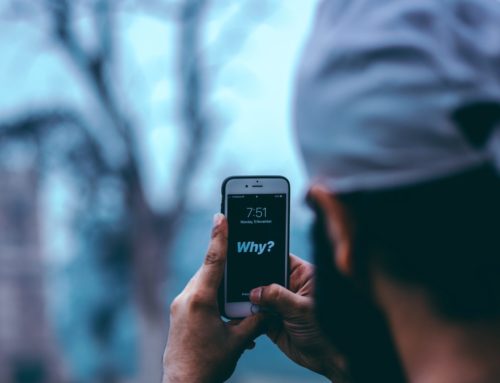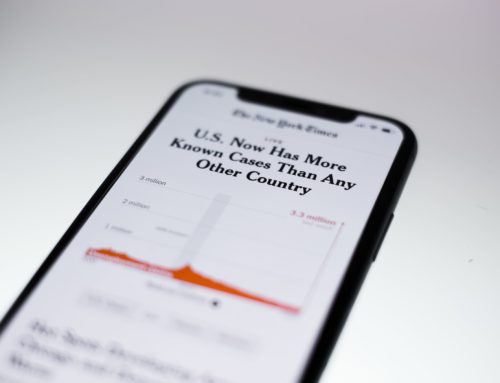David Stuckless, NIC
As you’re reading this issue of Views, “Coronavirus”, “COVID-19” and “pandemic”, are suddenly words that have changed our lives. Six months ago only mentioned in anti-bacterial laboratories, these words are now a part of almost every conversation. These events have changed our words, our work and our worlds- dramatically.
Some of us are still working, maybe in VRS call centers or in VRI booths. Many interpreters are sheltering in place waiting for their next Amazon delivery, watching the world go by. We share many of the same concerns: health, safety, financial stress, and of course the inevitable, what happens next? Some of us have been far more deeply affected, losing friends, family members, or loved ones. Know that our thoughts are with you.
Healthcare interpreters are still working. Some of our colleagues remain in hospitals, nursing homes or other facilities where risk of exposure is exponentially higher. They are on the front lines of this fight. To those interpreters: Your colleagues and community are grateful for your work. You are our healthcare heroes.
Healthcare Interpreting is a large portion of many interpreter’s work. Yet navigating business models, privacy laws and ethical considerations, healthcare interpreting is not often discussed by interpreters.
How does an interpreter begin their journey in healthcare? For some interpreters an agency calls and says, “This appointment is short and simple, the consumer is great, you’ll be fine!”.. And for others, it started when we were children, when a healthcare provider fails to plan or provide an interpreter for a parent’s appointment.
As different as these entry points are for interpreters, so is today’s culture in medicine. One hospital may have several staff interpreters supported by other contract interpreters in order to provide 24/7 emergency coverage. Another hospital only a few blocks away asks the Deaf patient to bring a family member or friend “who can speak on your behalf”. Even within a hospital, an Emergency Department nurse may insist on getting an interpreter present immediately. Once admitted, a unit manager may believe that just writing notes will suffice. Cultural and systemic discrimination and oppression is still very real, and it shows in our Deaf health outcomes. If you are seeing these differences, know that you are not alone.
RESOURCES
In today’s pandemic, what should you do as an interpreter? Or more importantly, what should you do differently? Have you had all of the required training to work in this capacity? What are your state’s OSHA standards for those working in healthcare? Has your employer provided you with NIH, CDC and hospital guidelines for working with airborne infectious diseases? Is there a plan if you test positive? Are there alternative living arrangements provided by your employer while you’re being exposed? Is there a financial plan if you are unable to work because of a work related exposure? Do you live or work with other patients who are at higher risk? Is there a plan before or after you test positive because of a work related exposure (to keep family and loved ones safe)? These are some of the questions that we can ask.
-
What kind of training is done on entry to healthcare interpreting? Are you test fitted for a respirator, as every staff and contract interpreter is at the University of Michigan Health System? https://bit.ly/35Ct0oP
-
Occupational Safety and Health Administration (OSHA) sets guidelines for your safety as a contractor or interpreter in healthcare on a national basis. They have great resources for agencies and interpreters.
www.osha.gov/dsg/hospitals/mgmt_tools_resources.html
-
A safety self-assessment can be done using thee-tool www.osha.gov/SLTC/etools/hospital/
-
States will have their own OSHA. For example, here is Michigan’s: www.michigan.gov/leo/0,5863,7-336-78421_11407—,00.html
-
The CDC has been providing some great videos, including these on handwashing and Personal Protective Equipment (PPE):
www.cdc.gov/handwashing/videos.html
https://youtu.be/nEzJ_QKjT14
www.youtube.com/84CydmuHXD8
-
NAD also has a great deal of resources regarding the Coronavirus www.nad.org/2020/03/12/coronavirus/
-
Deaf in Scrubs (https://www.deafinscrubs.com/) features Dr. Zach Featherstone and Ian DeAndrea-Lazarus, MPH, MD-PhD Candidate, and the different aspects of Coronavirus. Their latest video has Ian discussing how COVID-19 affects your lungs and introduces the concepts of acute respiratory distress syndrome (ARDS) and cytokine storm: https://youtu.be/cEorvR1BJ2E
-
The University of Rochester Medical Center’s National Center for Deaf Health Research also offers tremendous resources, including staff interpreter and CDI Ron Rood, explaining telemedicine https://youtu.be/RQIxP8Mcoag
-
CSD has a list of resources including many interpreted videos available https://www.csd.org/coronavirus/
-
CSD is also providing a Coronavirus hotline via VP (833) 682-7630
-
Convo Relay also has curated a list of resources www.convorelay.com/covid19-resources
Wishing you all the best of health on your journeys!
About the Author:

David Stuckless, NIC, was raised by Deaf parents and has been an interpreter for 28 years, holding an NIC and BEI Master. Former Chair of the Deaf-parented Interpreter member section and member of the Ethical Practices Review Task Force, he currently serves as Vice President of MIRID (Michigan Registry of Interpreters for the Deaf) and as the Chair of Interpreters in Healthcare, RID Member Section. He lives in Detroit with his wife Sandra Maloney, CI/CT, SC:L, BEI Master, and former Vice President of RID, along with their three sons Josh, Kyle and 5 month old Edwin.







Leave A Comment
You must be logged in to post a comment.